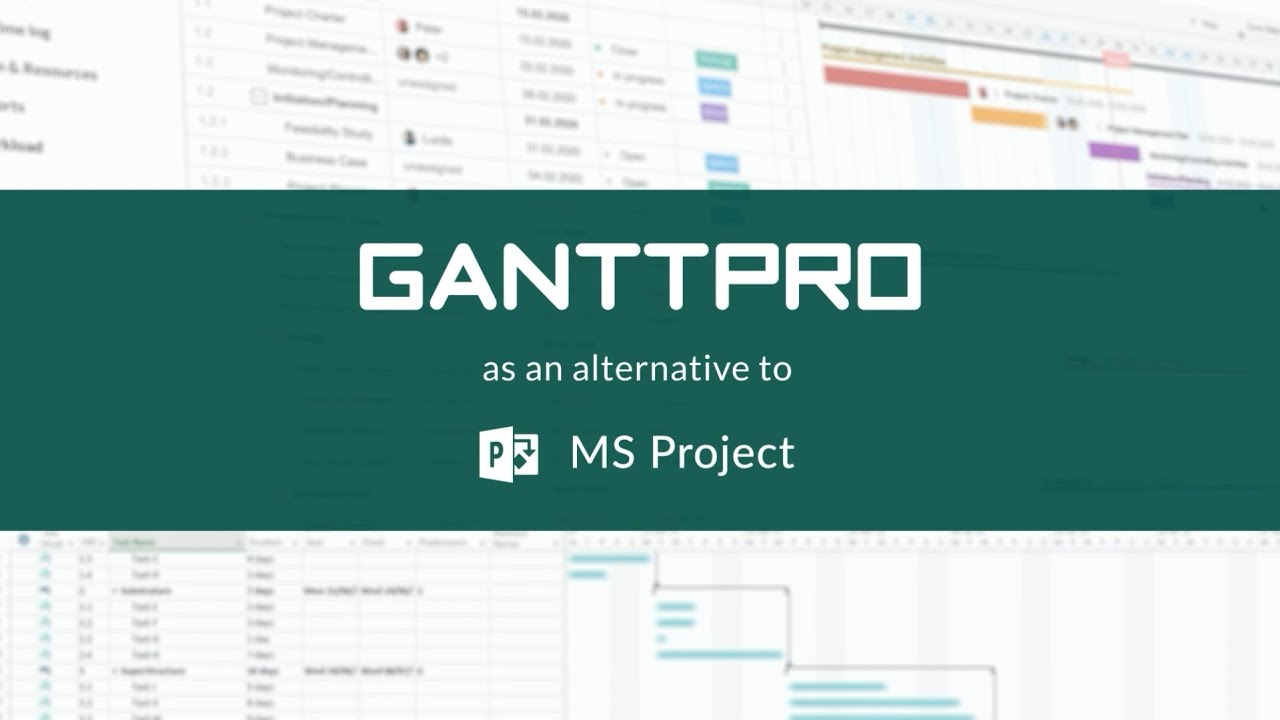How can cost management support project audit and review processes?
Projects are complex endeavors that require the coordination of multiple stakeholders, resources, and activities. In order to ensure that projects are completed within budget and on-time, organizations rely on cost management processes to help them control and monitor costs. In addition, cost management can support project audit and review processes, by providing the data and information that is needed to evaluate the performance of a project.
Cost management is a key aspect of project management and involves the planning, tracking, and controlling of project costs. The goal of cost management is to ensure that the project is completed within budget and on-time, while also ensuring that the project meets its objectives. By using cost management techniques, organizations can control and monitor project costs, identify potential cost overruns, and make adjustments to stay within budget.
Cost management techniques
Cost management techniques are tools and methods used to manage project costs. These techniques can include:
- Budgeting and cost estimating
- Cost tracking and monitoring
- Cost forecasting
- Cost control
- Cost reduction
There are several cost management techniques that can be used to support project audit and review processes, including:
Budgeting and cost estimating
Budgeting and cost estimating are critical components of cost management. They provide a baseline for tracking and monitoring project costs and help to ensure that the project stays within budget. Budgeting involves creating a detailed estimate of all project costs, including labor, materials, and overhead. Cost estimating involves forecasting the expected costs of a project based on past experience, market data, and expert judgment.
“Budgeting and cost estimating are the foundation of effective cost management.” - PMI
By using budgeting and cost estimating techniques, organizations can ensure that they have accurate data about project costs, which can then be used to support project audit and review processes.
Cost tracking and monitoring
Cost tracking and monitoring involves continuously collecting, analyzing, and reporting on project costs. This helps to identify any potential cost overruns and to make adjustments to stay within budget. Cost tracking and monitoring can be done manually or with the help of software tools, such as GanttPRO or Microsoft Project.
“Cost tracking and monitoring is essential for staying within budget and on-time.” - Forbes
By using cost tracking and monitoring techniques, organizations can ensure that they have up-to-date information about project costs, which can then be used to support project audit and review processes.
Cost forecasting
Cost forecasting is the process of predicting future project costs based on past experience and current data. Cost forecasting can help organizations to identify potential cost overruns and to make adjustments to stay within budget. Cost forecasting can be done manually or with the help of software tools, such as Wrike or Smartsheet.
“Cost forecasting is a critical component of cost management.” - Wikipedia
By using cost forecasting techniques, organizations can ensure that they have accurate information about future project costs, which can then be used to support project audit and review processes.
Benefits of cost management for project audit and review processes
There are several benefits of using cost management techniques to support project audit and review processes, including:
- Improved accuracy of project data
- Increased transparency in project management
- Better alignment of project goals and objectives
- Improved collaboration between project stakeholders
- Increased accountability for project results
By using cost management techniques to support project audit and review processes, organizations can ensure that they have the accurate and up-to-date information that is needed to evaluate project performance and make informed decisions about the future of the project. Additionally, cost management can help organizations to identify areas for improvement and to make changes that will lead to better project outcomes.
Improved accuracy of project data
One of the key benefits of using cost management techniques to support project audit and review processes is improved accuracy of project data. By using cost management techniques, organizations can ensure that they have accurate information about project costs, which can then be used to evaluate project performance. This can help organizations to identify areas for improvement and to make informed decisions about the future of the project.
Increased transparency in project management
Another benefit of using cost management techniques to support project audit and review processes is increased transparency in project management. By using cost management techniques, organizations can ensure that project stakeholders have access to accurate, up-to-date information about project costs. This can help to improve collaboration between project stakeholders and to increase accountability for project results.
Better alignment of project goals and objectives
Cost management can also help to improve alignment between project goals andobjectives by providing accurate information about project costs. This can help organizations to make informed decisions about the future of the project and to ensure that resources are allocated in a way that supports the achievement of project goals and objectives.
Improved collaboration between project stakeholders
Cost management can also improve collaboration between project stakeholders by providing accurate, up-to-date information about project costs. This can help to increase transparency in project management and to promote better communication between project stakeholders, which can lead to improved project outcomes.
Increased accountability for project results
Finally, cost management can increase accountability for project results by providing accurate information about project costs. This can help organizations to evaluate project performance and to determine whether the project is meeting its goals and objectives.
Challenges of cost management for project audit and review processes
While cost management can offer many benefits for project audit and review processes, there are also several challenges that organizations may face in implementing cost management techniques, including:
- Limited resources
- Lack of expertise
- Poor data quality
- Resistance to change
Despite these challenges, cost management remains a critical aspect of project management and can offer significant benefits for project audit and review processes.
Conclusion
Cost management is a key aspect of project management that can support project audit and review processes by providing accurate, up-to-date information about project costs. By using cost management techniques, organizations can ensure that they have the data and information that is needed to evaluate project performance and make informed decisions about the future of the project. While there are challenges to implementing cost management, the benefits of using cost management techniques to support project audit and review processes outweigh the challenges.

